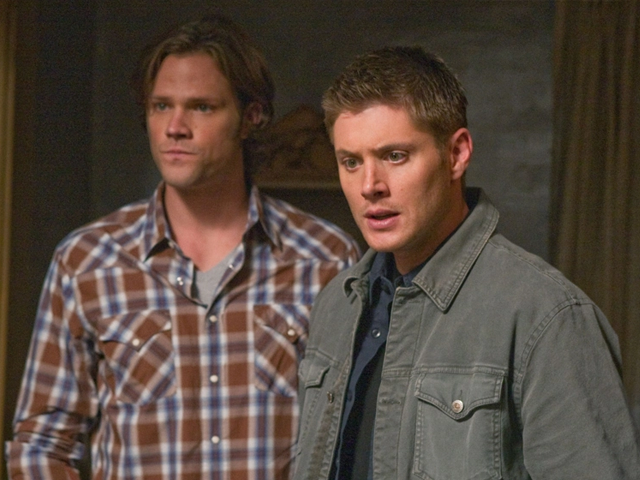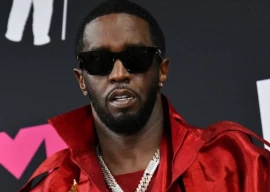1727678813-0/Marvel-and-DC-(1)1727678813-0.png)
In a groundbreaking legal decision, Marvel and DC Comics have lost their long-standing joint trademark on the term "Super Hero," which had allowed the two entertainment giants to control its usage across various media platforms. The ruling follows a case that argued the phrase “Super Hero” was too generic to warrant trademark protection, asserting that it should be available for public use without restrictions.
For decades, Marvel and DC held exclusive rights to the term, allowing them to control its appearance in comic books, movies, merchandise, and marketing materials. This monopoly has been a key factor in shaping the superhero genre as we know it today, limiting other creators from using the term without permission. However, with the recent ruling, the term “Super Hero” is now considered a generic phrase, meaning companies and independent creators alike can incorporate it into their works without fear of legal action.
The case was built on the argument that “Super Hero” is a common term used in popular culture and should not be restricted by intellectual property laws. The court’s decision reflects a growing trend in trademark disputes, where terms that become widely recognized and used by the general public often lose their trademark status.
This legal shift could have significant ramifications for the superhero industry, opening the floodgates for new creators to enter the scene. The broader use of “Super Hero” in independent comics, films, video games, and digital media is likely to spur increased competition in the market. As a result, fans may see a wider variety of superhero-themed content across different platforms, from indie publishers to major media conglomerates.
Industry analysts suggest this change could democratize the superhero genre, allowing smaller creators to compete with giants like Marvel and DC. The newfound freedom could also lead to more creative interpretations of superhero narratives, expanding the genre beyond the typical Marvel and DC style.
While Marvel and DC are still expected to dominate the superhero space with their established franchises like Avengers and Justice League, the ruling creates new opportunities for innovation and competition. Fans of the genre can anticipate a more diverse range of superhero stories emerging in the years to come.


1726215963-0/BeFunk_-(55)1726215963-0-165x106.webp)






1726215963-0/BeFunk_-(55)1726215963-0-270x192.webp)


1724387150-0/Thumbnail-Template-(7)1724387150-0-270x192.webp)







1727268465-0/Untitled-design-(42)1727268465-0-270x192.webp)
COMMENTS
Comments are moderated and generally will be posted if they are on-topic and not abusive.
For more information, please see our Comments FAQ